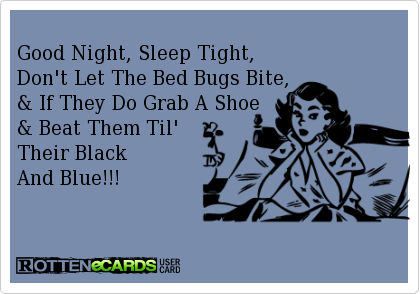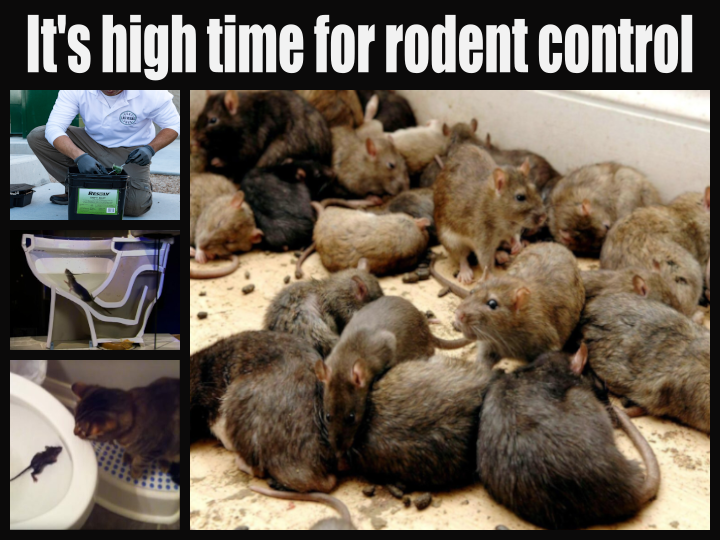Factors that cause fear of pests like bees, rats, and spiders
The specific etiology of fear for pests like bees, rats, spiders, and insect-related dread is obscure. However, modern technology has given our scientists opportunities to study this and found one compelling reason behind our emotions towards insects that haunt our homes: Urbanization. Fear of insects is not a biological heritage but a cultural construct. The more intermingled our civilizations become, the greater our fear of bugs.
 Animals like bees, bed bugs, rats, cockroaches, snakes, and spiders top the list of zoophobia, affecting 23% of people worldwide. Scientific surveys and studies reveal that people in urban settings are more fearful than rural inhabitants. As a result, researchers hypothesize that our fear and disgust of insects is a pattern of cultural evolution. The larger our communities become, the more stories we get to share. As urban legends become deeply embedded in our psyche, over time, the fear factor becomes widespread in every culture, as stories pass down through the generations.
Animals like bees, bed bugs, rats, cockroaches, snakes, and spiders top the list of zoophobia, affecting 23% of people worldwide. Scientific surveys and studies reveal that people in urban settings are more fearful than rural inhabitants. As a result, researchers hypothesize that our fear and disgust of insects is a pattern of cultural evolution. The larger our communities become, the more stories we get to share. As urban legends become deeply embedded in our psyche, over time, the fear factor becomes widespread in every culture, as stories pass down through the generations. Urbanization increases the chances of people seeing creepy crawlers and the greater chances of encounters that provoke our imagination. More horrid stories form, driving fear deep into the unsuspecting. Rumors are ever more prevalent on the internet. In city environments, population density affects our cumulative behavior. Personal space is an indispensable commodity. Suddenly our encounter with anything within our domains is resentful, especially the disgusting pestilence invading our homes and businesses. Researchers will have us believe this response is mostly a learned social behavior. Like our brains have been conditioned to reciprocate in the same way as portrayed through stories told and seen. Like a patchwork tapestry that reiterates the fearful history of humans and animals, we pass on that dread of insects to the next generation.
 How does fear of pests affect our lives?
How does fear of pests affect our lives?
Fear naturally is a burden and produces an excess chemical in our minds that forces us into a loop of emotions that can cause overwhelming worry and stress. For this reason, our anxious behavior decreases our capability to be proactive and productive. When fear blooms into a blatant phobia, such extreme emotional responses to situations can dictate our daily decisions. For example, one apiphobia would be avoiding the wonderful spring day at the park with the kids, effectively passing on the same fear. How is Zoophobia relevant to the pest control industry
Pest control and zoophobia are overlapping concepts. After all, we exterminate bees, rats, spiders, and hundreds of other insects. Correspondingly, all to silence the pest so you won’t suffer from such fear.
Could preventive pest control help you overcome fear?
 Utilizing pest control services can only help prevent an encounter with a fearful nemesis. And the effects of this preventive method are localized only where pest management is active. Therefore, the likelihood of your phobia rearing itself elsewhere is always possible. One reason is we are experiencing an increasing number of pests every year. At the same time, insects like cockroaches, bees, scorpions, and centipedes are bolder with each turn of the seasons. In general, pest control methods are effective. But if you’re not treating your property regularly, it is only a matter of time before they find their way.
Utilizing pest control services can only help prevent an encounter with a fearful nemesis. And the effects of this preventive method are localized only where pest management is active. Therefore, the likelihood of your phobia rearing itself elsewhere is always possible. One reason is we are experiencing an increasing number of pests every year. At the same time, insects like cockroaches, bees, scorpions, and centipedes are bolder with each turn of the seasons. In general, pest control methods are effective. But if you’re not treating your property regularly, it is only a matter of time before they find their way.
Whichever species they are, we want to keep them outside where they should be. Pest Pros general pest control services will cover your preventive pest control needs for fourteen months. It’s best to prevent and not be surprised after the fact. Regulator maintenance throughout the year is the most economical and effective solution to quell any phobias of bugs.
References
- A scientific study of fear for insects. –Nature.com
- Urbanization increases the extent to which people see insects indoors, and insects that are seen more often indoors induce stronger feelings of disgust. –sciencedirect.com
- Widespread fear of bees has been triggered by rumors about “killer bees”. –Wikipedia.org/wiki/Fear_of_bees
- Fears and phobias are usually conditioned responses of the brain. A previous traumatic or negative reaction is most likely the trigger behind Apiphobia. –fearof.net/fear-of-bees-phobia-apiphobia/
- America’s Top 100 Fears –https://www.chapman.edu/
- “The Infested Mind: Why Humans Fear, Loathe, and Love Insects” –Jefferey Lockwood, Amazon Books



